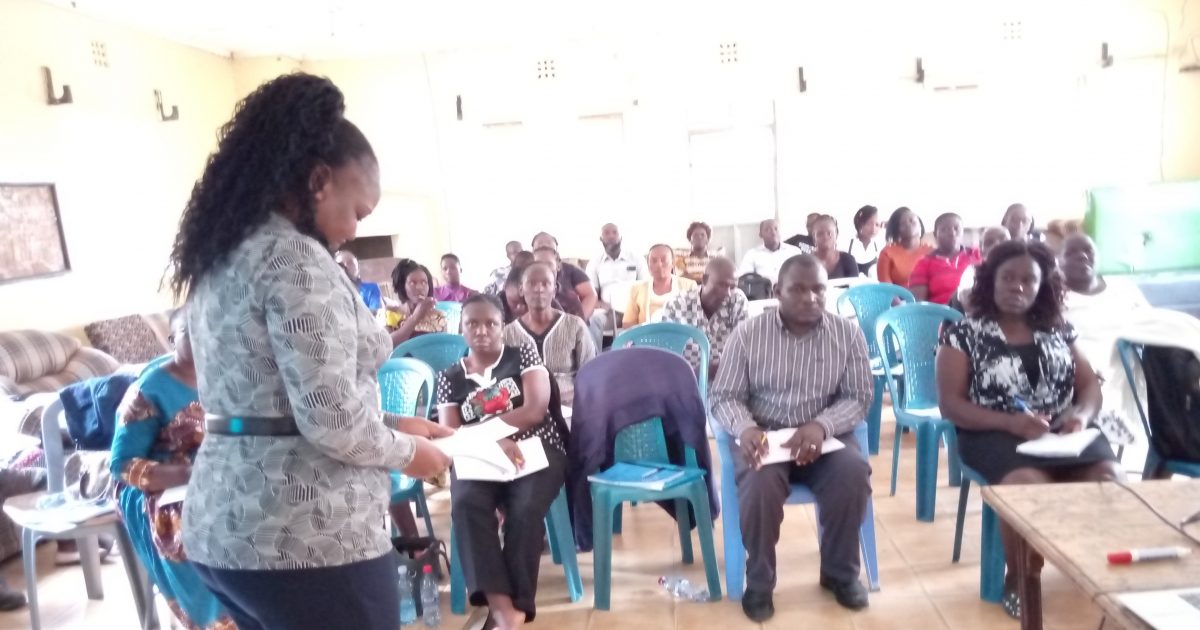The Government plans to phase out children’s homes and orphanages with the goal of having children back in families and under community-based care.
The planned 10-year Care Reform Strategy seeks to provide alternative solutions to childcare and reinforces the fact that family will remain a key unit in child upbringing.
Speaking in Kakamega on Thursday, the Assistant Director in charge of Care and Reform at the Directorate of Children’s Services Jane Munuhe said the government has enacted a new law the Children’s Act 2022 that makes provision for the 10-year period for Kenya to do away with children’s’ homes and orphanages.
“Kenya is a signatory to the United Nations (UN) Convention and Protocols on the rights of children and coupled with local laws, family and community remain the best alternative for child upbringing,” Munuhe said.
“This new children’s Act supports the rights of children to grow up in families and communities,” she added.
Munuhe, who spoke to managers and social workers of orphanages and children’s homes in Kakamega said this is part of the training the Department of Children Services to prepare them for the transition that has been adopted globally.
“The trainees are being taken through the provisions of the Children’s Act and the provision of the care reform strategy with an aim that once they get the knowledge they will be able to initiate the process of ensuring that children go back to their families and the community,” said Munuhe.
She noted that there are 45,000 -50,000 children living in about 855 private charitable children’s institutions and others living in government-run institutions.
The official advised the Kakamega trainers to conduct a situation analysis of children because it is going to project the magnitude of the problem that they will be dealing with as they start the care reform process.
For those children who are homeless, orphaned or are separated from their parents they will be offered an alternative family care programme which includes kinship care, foster care, guardianship, adoption and many more, Jane Munuhe clarified.
By George Kaiga and Purity Simiyu





